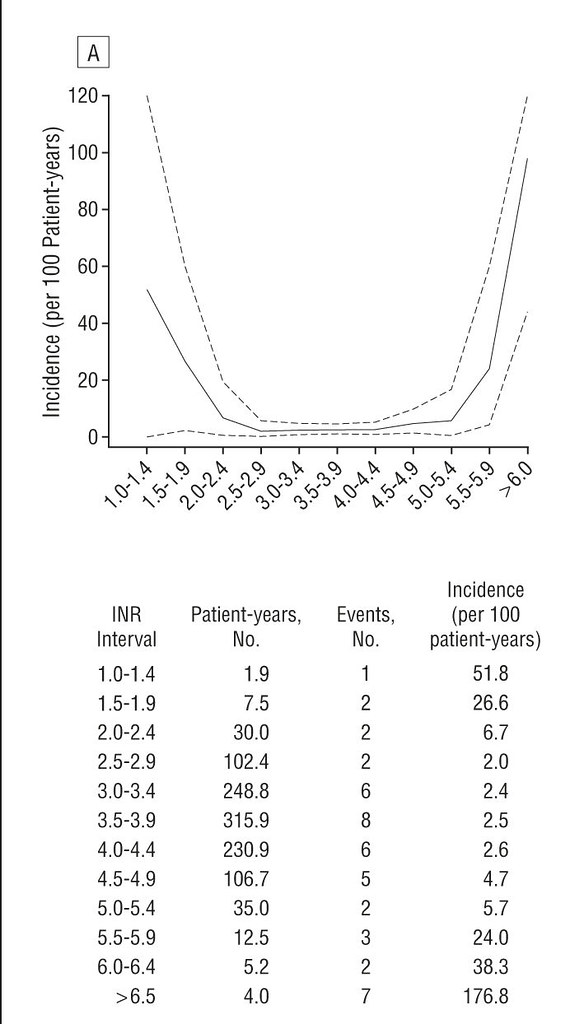I am 24 and just had my operation in January; I went with a mechanical valve (the On-X) in the hopes of avoiding future surgeries. The ticking, I am told, is quieter than with other mechanical valves. It freaked me out a little when I first woke up -- but then, I was so doped up on pain medications that pretty much everything probably freaked me out. Since then, however, I've mostly gotten used to it. I don't actively think about it much unless I'm talking or writing about it (like now, haha). It is kind of handy in that if you're bad at taking your pulse like I have always been, you don't really need to check your wrist or neck. You can just sit and listen for sixty seconds.

I have not experienced any of the bad side effects people usually associate with blood thinners, like nosebleeds or hemorrhaging or anything like that, but then, it hasn't even been a year for me yet. Fingers crossed! I will say blood thinners are a bit of an annoyance though, at least for me. My INR range isn't quite stable yet, though my doctors keep reminding me that it can take a long time for me and my body to get used to the medications and the valve and all that. (Plus I'm still learning, as far as watching my diet and all that.) But it's never been extremely far out of range -- even the one time I accidentally took a double dose, not a good day for me lol -- and I've never experienced any negative symptoms from it being a little too high or a little too low.
Sometimes I wonder if I should have chosen a tissue valve -- as Mike59 said early on in this thread, both tissue and mechanical are good choices for different reasons, and the idea of not ticking and not needing long-term anticoagulation therapy is definitely tempting, particularly on the days when my INR is out of range. But I would still recommend my valve, especially if you're concerned about facing future open-heart surgeries. With a tissue valve, it's highly likely you'll need at least one more operation, possibly more. A mechanical valve usually lasts for decades -- I'm personally betting on mine lasting for the next half a century or so.





